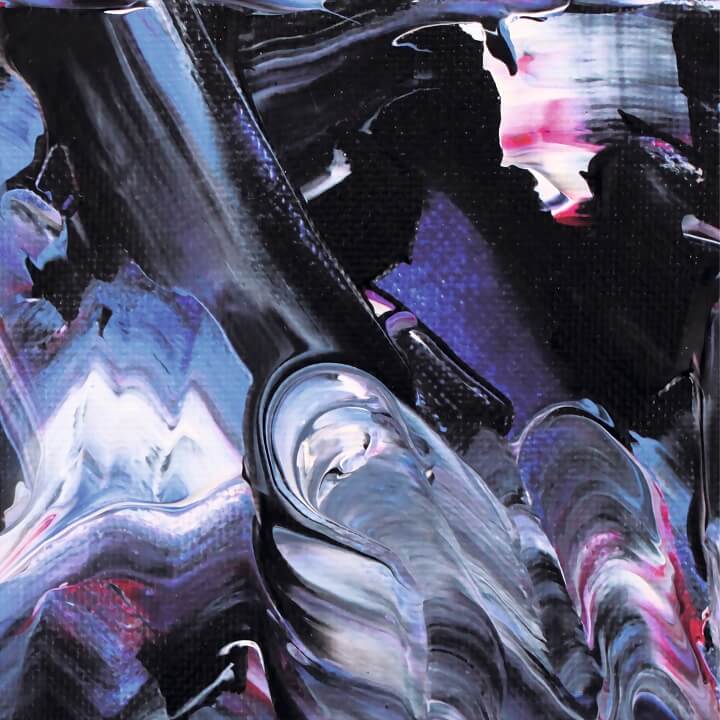“POSTPUNK IS FINALLY DANGEROUS AGAIN.” – NEOLYD MAGAZINE
INFO
ARTIST
RELEASE DATE
15.04.2022
CATALOGUE NO.
GRCD/LP/DIGITAL 1059
TRACKLIST
Die ewige Baustelle
Müssen nur sollen
Future me
Aus dem Raum
Taxi
Der Trick (feat. Der Mondmensch)
24h
WATCH & LISTEN
Story
“Hammer and chisel in hand / against the wall again and again / relentless, the ticking of the clock / dusty rubble gives way to new structure.” With these lines begins the new, self-titled album by Die Wände. “Die Ewige Baustelle” is the name of the song and it’s a gigantic, wonderful, slow brain-grinding affair that massages your head, heart and neck for a whopping 13 minutes and 31 seconds. After Die Wände then serve you some more cryptic, casual, off-the-cuff Post-Punk-meets-Indiehits likeMüssen nur sollenandFuture Methey close the huge bracket they opened with “Die Ewige Baustelle” with the album’s final track: “24his also a fascinating song monster that lasts 14 minutes and 29 seconds. A deliberate dramaturgy, as Carsten von Postel (vocals, guitar), Mathias Wolff (drums) and Jann Petersen (bass) say. The fact that they sound like a cross between Godspeed You! Black Emperor and Berlin’s post-punk scene is also and above all due to the experiences of the last years – and the special mood of this particular album.
Carsten von Postel explains: “During the tours for our debut album ‘Im Flausch’ we dissected some songs and stretched them to the limit. Those were always very satisfying, almost hypnotic moments for us, which also went down well with the audience.” When Die Wände then decided in the first Lockdown to make the band their closest circle and meet regularly in the rehearsal room, it was mainly this spirit that helped them forget that confusing time for a while. Carsten says, “We inevitably had a lot more time than usual and could afford to just jam for an hour. Oh God, I hate that word.” Mathias Wolff agrees with him: “I hate that word too – it sounds so much like mucker. Or like dad rock. But basically it’s right on the money. In the past we were often looking for a way to get into this flow, this time it happened naturally. We turned everything on, just played it, and in the end realized that the best material came out of that. “Jann reminds us again, however, that there are also short, catchy pieces like “Future Me” or “Taxi” that are “deliberately poppier, because we wanted to put something alongside the long, dengelige instrumental parts.”
The album was finally recorded at Studio Tutti in Leipzig, at their good friend Alexander Günther’s place: “We practically locked ourselves in for ten days to get back into that special mood from the rehearsal room days,” Carsten explains. “To be surrounded by friends with whom you work creatively – that felt great. That’s what a band should be about. The record is therefore already also a blatant friends thing, a synergy of the three of us.” You can hear this synergy in the eight tracks. Whereas with German-language music one usually tends to look at singers and their lyrics in isolation, Die Wände sound like a band thing through and through. “Precisely because this album came about as an act of friendship within the band,” adds Carsten, “we wanted to involve as many friends* as possible in everything that was coming up and give them a free creative hand in the process. For the video for the first single ‘Müssen nur sollen’, for example, we asked our friend Lisa Bühl to implement her ideas.” And, says Mathias: “Even when selecting the other singles, we consulted our friends and actually adopted all their recommendations.”
In the end, the only question that remains is: what is the best way to speak of this cryptic, brute, intricate, wonderful, scratchy, wise album? Does one say, as this text does, that it is the “self-titled album”? Or do they ask, “Have you heard the new Die Wände album, ‘Die Wände’?” Carsten grins a little and tells that the band itself often talked about the “blue album“. And somehow this is an exciting hint, because the blue vibes that Die Wände associate with these songs – meaning rather the melancholic ones and not the blue ones in the sense of „Blau auf’m Bau“ ” – can indeed be felt in these eight songs, which are further proof of the thesis that strange times can produce strange-beautiful music.








